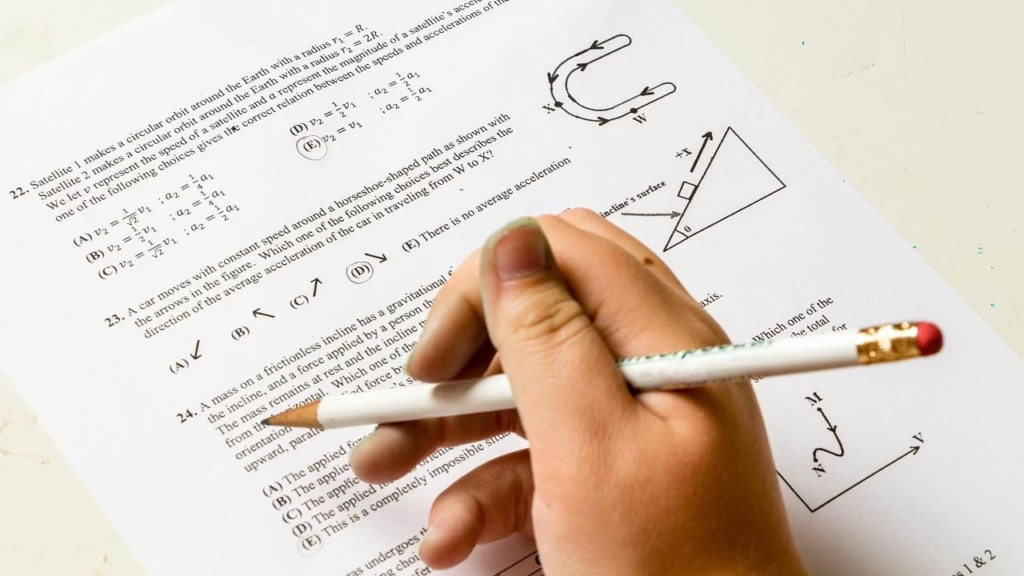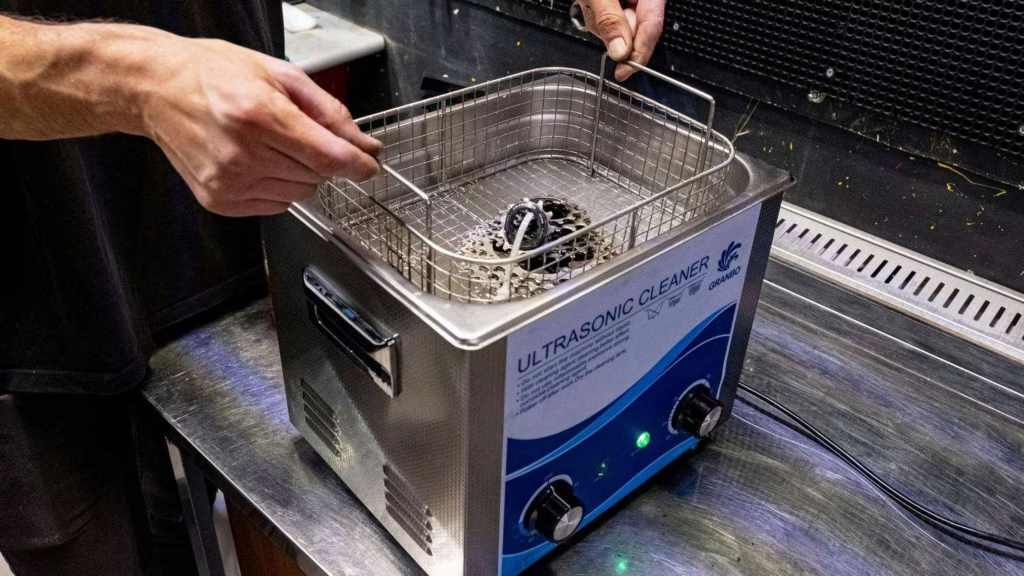A data-backed 2026 guide to industry-specific points for China work permits. Learn how STEM, AI, manufacturing, healthcare, and education pros can optimize salary, credentials, language, and employer category to hit Class A/B quickly, with 2024–2025 insights.
Table of Contents
Your Quick Guide to China’s Work Permit Points System
Want to work in China? Its points-based system decides who gets approved fast. Think of it as a scoreboard. The higher your score, the easier your journey. We’ll break it all down for you in simple terms. You can even check your potential score early using a helpful tool like the china work visa points calculator.
Let’s dive in.
How the Points System Works
China sorts foreign workers into three classes:
- Class A (Top Talent): You need 86 points or more. This means faster processing and better policies.
- Class B (Professional): You score between 60 and 85 points. This covers most skilled professionals.
- Class C (Short-term): This is for temporary or seasonal roles.
Your points come from many areas. These include your salary, education, work experience, and even your Chinese language skills.
What Gives You the Most Points?
Some factors really boost your score. Knowing these china visa rules helps you plan your application.
1. Your Salary Matters a Lot
Your annual pay in China is a huge factor. Higher salaries get more points. Tech and science jobs often pay more. This means more points for every yuan you earn. A good china work visa calculator will show you how your pay stacks up.
2. Your Education and Credentials
Your degrees open doors.
- Bachelor’s degree (good)
- Master’s degree (better)
- PhD (best)
Professional licenses also help. Think project management certs, teaching credentials, or medical board licenses. Get your diplomas verified early. It avoids delays.
3. Your Work Experience
More years in your field equals more points. Full-time work is also key. Make sure your contract clearly shows your hours and role.
4. Learn Some Chinese (HSK)
Even basic Chinese helps. An HSK 3 or 4 certificate adds easy points. It shows you want to fit in. Schedule your test a few months before you apply.
5. Work in a High-Demand Field
This is a game-changer. Jobs in “encouraged” sectors get bonus points. Align your work with China’s goals. This is one of the smartest moves for your china visa requirements strategy.
Top Scoring Industries
Focus your job search here. These fields are in high demand.
- Tech & AI: Data scientists, cloud security experts, AI engineers.
- Advanced Manufacturing: Electric vehicle (EV) battery specialists, automation engineers.
- Healthcare & Biotech: Medical researchers, clinical trial leaders, device developers.
- Education: STEM university professors, bilingual curriculum experts.
These jobs match national priorities. They give your application a major lift.
How to Boost Your Score: A Simple Plan
Follow these steps to reach Class A or B.
- Pick the Right Job. Aim for a role in an encouraged sector like tech, green energy, or health.
- Know Your Salary Range. Use a china visa points calculator to check your pay level. Push for a salary above your city’s average.
- Get Your Papers Ready. Have your degrees and licenses verified and notarized. Do this early.
- Take the HSK Test. Get an official Chinese language certificate. Even HSK 3 helps.
- Show Off Your Achievements. Have patents? Worked for a famous global company? Won awards? Document it all. This adds “prestige” points.
See It In Action: Example Profiles
Let’s see how this works for real people.
- Maria, AI Engineer (Shanghai):
- Master’s degree, 8 years’ experience, high salary, HSK 3.
- Likely Class: A. Her strong profile in a top sector wins.
- David, Robotics Expert (Suzhou):
- PhD, 6 years’ experience, good salary, HSK 4.
- Likely Class: Strong B. He could reach A with a patent or higher pay.
Using a china visa days calculator can help you understand the timeline after you submit.
Common Mistakes to Avoid
Don’t lose points on simple things.
- Salary is too low. Just missing a pay level threshold can cost you.
- Skipping the HSK test. It’s an easy way to gain points.
- Having a vague job title. Make sure it clearly fits an “encouraged” sector.
- Poor paperwork. Unverified degrees or missing patent documents weaken your case.
Your Next Move
The system rewards skills China needs. You can go from “eligible” to “fast-tracked.”
Your plan is simple:
- Check your target job against encouraged sectors.
- Benchmark your salary.
- Book your HSK exam.
- Gather your merit proofs (patents, awards).
Do this, and a Class A or B work permit isn’t just a dream. It’s your likely outcome. Understand the china visa requirements, plan your approach, and get ready for a great experience working in China.

























